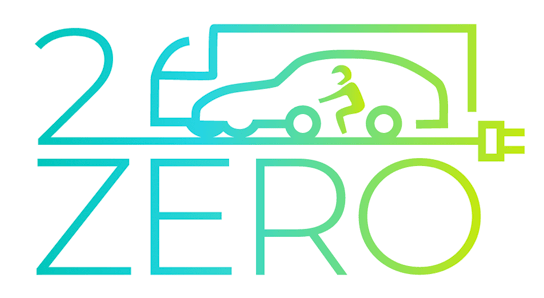ECOCHAMPS – European Competitiveness in Commercial Hybrid and AutoMotive PowertrainS

- Website: http://www.ecochamps.eu/
How can we develop hybrid electric passenger cars and commercial vehicles that perform better, that emit less CO2 and that still will be more affordable? That was the topic of lively discussions at the ECOCHAMPS Midterm Conference on October 24th 2017, in which 56 people participated. Hosted by Prof. Dr. Jan-Welm Biermann, the meeting took place at the Institute of Automotive Engineering (IKA) at the RWTH in Aachen.
With the Dynamic Driving Simulator as the dramatic backdrop, the ECOCHAMPS partners presented their efforts to develop standards and modular components to bring down the costs of hybrid electric vehicles. Almost all prototype vehicles are now built up, and the demonstrators are being tested and fine-tuned. Currently the vehicles are being evaluated, and the results are coming in. The technical experts showed the progress on specific topics, such as on 48V systems and heavy duty applications.
In a dedicated session, the progress of related EU projects such as ADVICE and ORCA was presented by their coordinators. A point of discussion was how to use the ECOCHAMPS results in follow-up projects and how to bring the developments to the next step in the exploitation plans. In particular, there was interest in the optimized modular components.
Highlight of the event were three hybrid demonstrator vehicles: a Renault Megane, a MAN Lion city bus and a DAF XF truck. Fully operational, the vehicles drew a crowd and gave rise to questions and discussions.
Among others, the companies Mahle, GETEC Getriebe Technik GmbH, Stackpole International Powertrain GmbH, and GIF-Entwicklungsgesellschaft were represented, as well as the Vrije Universiteit Brussel and Coventry University.
ECOCHAMPS presented also their research results and achievements at the #H2020RTR Conference end of November (29 & 30 November 2017, Brussels).
Currently all vehicles are being tested and evaluated. A public report on the results and on the (expected) impact at the end of the project will be published next April 2018. Stay tuned!


